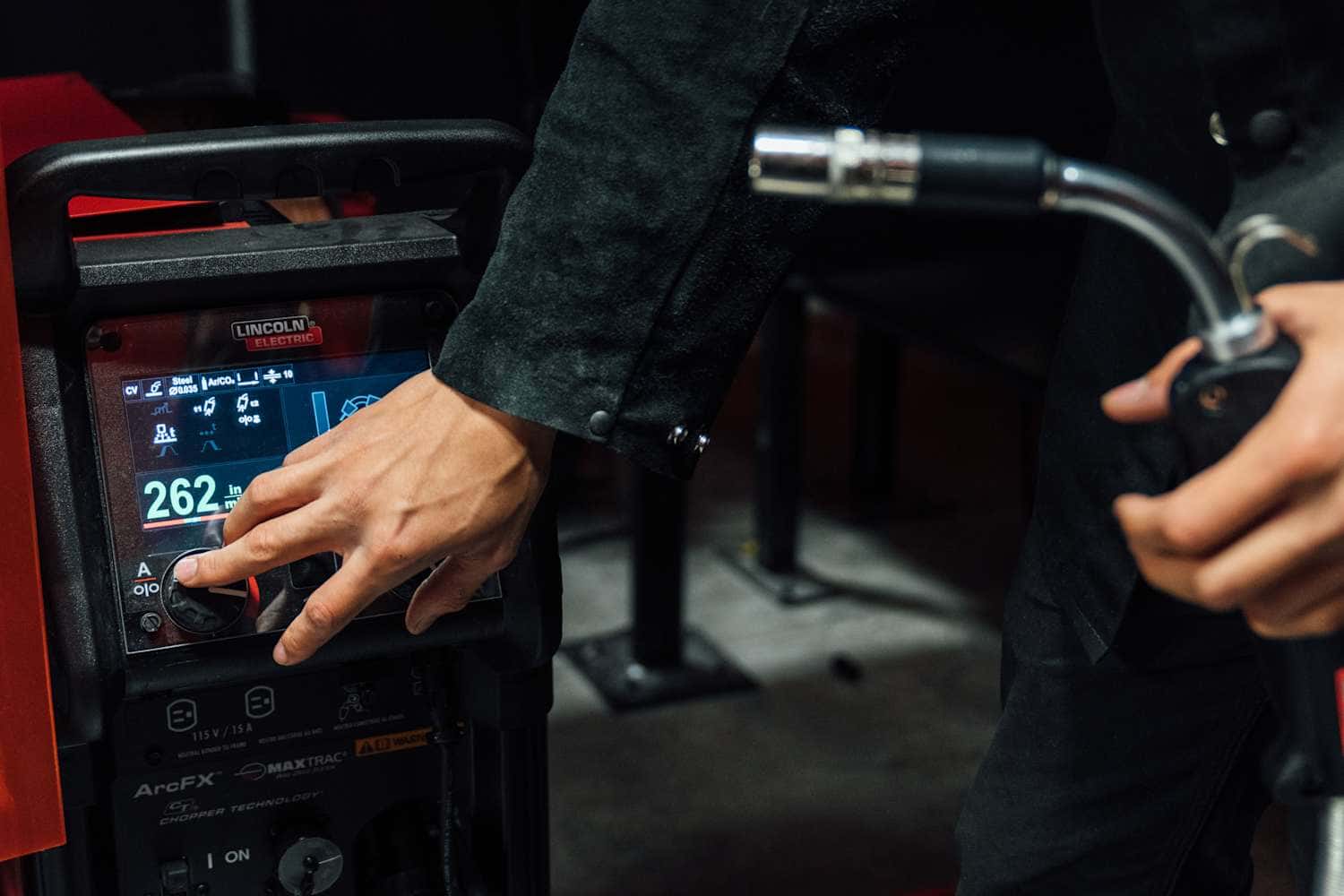Thinking about becoming a welder? Then it's important you know what tools are needed for the job.
The right equipment isn’t just about getting the work done—, it’s about doing it safely, efficiently and confidently. Whether you’re just starting to explore this career or looking to level up your knowledge, understanding welding tools is an important first step.
Want to use these tools instead of just reading about them? Enroll in our Welding Technology program at Universal Technical Institute (UTI)! Welding students get hands-on training with real-world welding tools and equipment in settings that reflect today’s job sites.1
Continue reading! We’ll provide an overview of the most important tools used in welding today.
Why Welding Tools Matter
In welding, tools are more than just accessories. They’re a key part of welding safety and work quality. Welding involves extreme heat, sparks and potentially hazardous materials. Without the right gear, welders could risk their physical health and the quality of their welds.
Professional welders rely on a wide range of welding tools to cut, shape and fuse metal correctly. Having access to reliable equipment also helps reduce mistakes and improve productivity.
Core Welding Tools and Equipment
Welding machines
At the center of any welder’s tool kit is the welding equipment. These machines supply the heat needed to melt and join metal parts. Common types include MIG, TIG and stick welders—each suited for different applications and skill levels.
Learning how to operate and troubleshoot these machines is a foundational part of welding training at UTI. While enrolled, students train with industry-aligned equipment to prepare for what they would see on the job.
Welding safety gear
Safety is non-negotiable in this field. Every welder needs personal protective equipment (PPE), including:
- Welding helmet with auto-darkening lens
- Flame-resistant gloves and jacket
- Welding goggles
- Steel-toe boots
- Hearing protection
These items protect against burns, eye damage and long-term exposure to loud environments.
Auxiliary tools used for welding
Besides the main machinery and PPE, welders rely on auxiliary tools to complete each job. These include:
- Wire brushes and chipping hammers to clean welds.
- Clamps and magnets to hold materials in place.
- Angle grinders to prep and finish welds.
- Measuring tools like calipers and squares for accuracy.
Each tool supports the precision and safety required in welding tasks.
Welding supplies used every day
Common welding materials
Welders work with different types of metal depending on the project. These include carbon steel, stainless steel and aluminum. It’s important to know how these materials respond to heat, electric current, and filler metal.
In training, students also learn how to choose the right filler rods and wires based on the welding process and material.
Frequently replaced supplies
Some items wear down quickly and need frequent replacement. These include:
- Electrodes and filler rods
- Nozzles and contact tips
- Grinding wheels
- Gloves and sleeves
Knowing how to maintain and replace these parts is part of staying safe and efficient on the job.
Tool Selection in a Welding Program
At UTI, students don’t just learn from textbooks, they work directly with the tools used in the field. Our welding courses are designed to introduce and reinforce the proper use of welding tools through hands-on training.
This practical approach helps students develop muscle memory, problem-solving skills and confidence that’s earned. Graduates are equipped not just with theoretical knowledge, but also with the hands-on ability to select and use tools correctly under pressure.
Get Hands-On Welding Career Training!
Welding is a skill-based trade, so the right training makes a big difference. In UTI’s 9-10 month Welding Technology program, you can learn how to work with welding tools and equipment that align with industry needs. From safety gear to welding machines, the tools you train with help prepare you for the real world.
Ready to take the first step? Speak with an Admissions Representative to learn more. Call 1-800-834-7308 or click here to apply today!
Universal Technical Institute of Illinois, Inc. is approved by the Division of Private Business and Vocational Schools of the Illinois Board of Higher Education.

